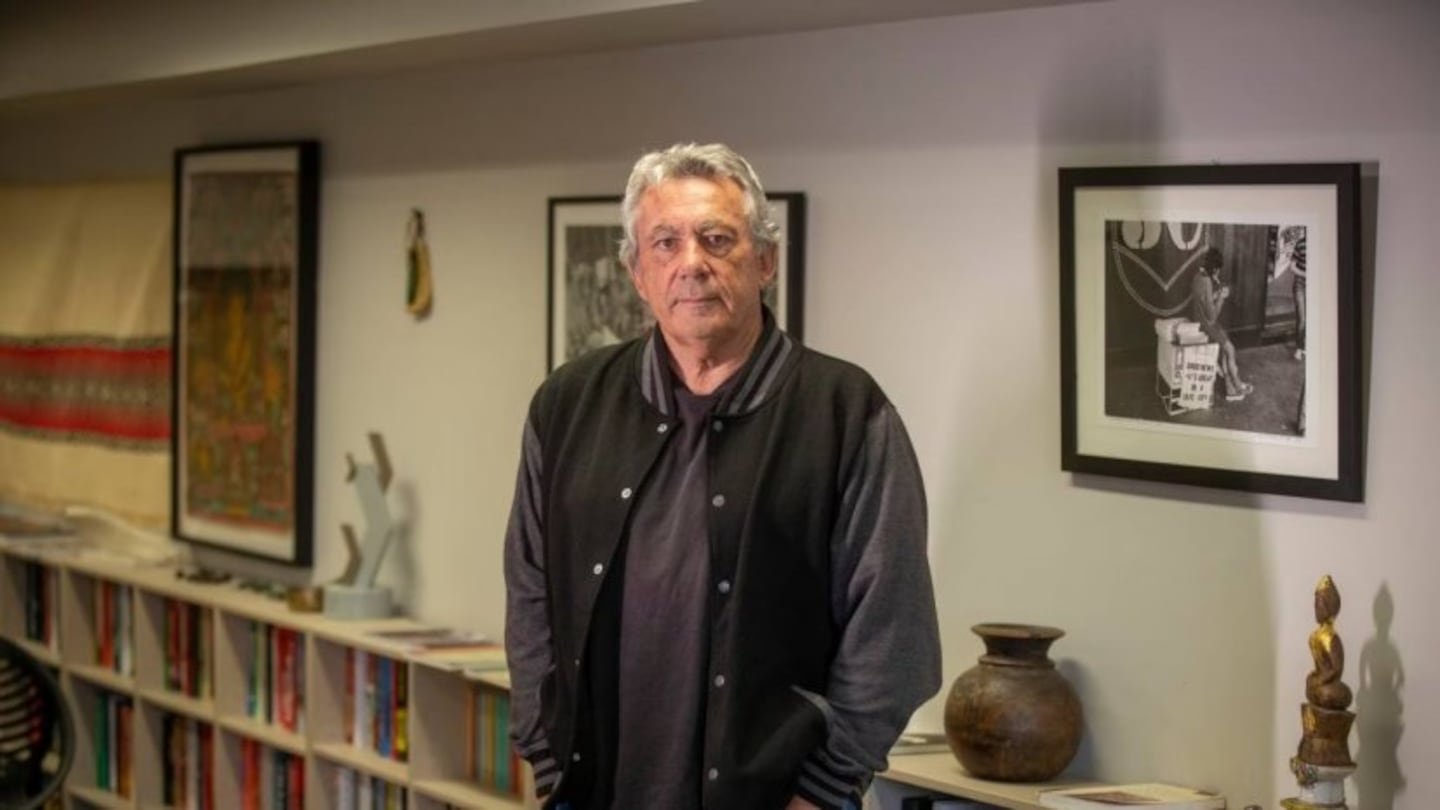OPINION
This is a comment piece I have been loath to write. I have not had the courage, fearing that taking the proposition to close down Te Aka Whai Ora seriously might encourage others to consider it seriously.
As the election date draws closer and the prospect that a coalition of privilege might attain power and actually pull this trigger increases, I don’t think holding back makes sense.
It is one thing to say that they will abolish Te Aka Whai Ora. But its not absolutely clear what that will mean, and they must be challenged on it and its consequences.
Dr Paparangi Reid and others conservatively estimated in a piece for a 2022 British medical journal that based on 2013/14 data, the gap in health outcomes between Māori and non-Maori adults cost the economy about $960 million each year - let’s call it a billion dollars. There are much bigger issues of equity and social justice involved, but let’s just stay with the economic costs for this purpose.
Now, possibly those who advocate abolishing Te Aka Whai Ora do not intend to do nothing about the gap (I’m in a generous mood). They have a number of options.
One is to hope that the gap will disappear on its own (yeah, right). Moving on.
Te Aka Whai Ora currently costs $300m or so each year. The initial set-up costs are what economists call ‘sunk costs’, so they are no longer relevant, whether you liked them or not. These costs are far too low to make significant in-roads into the gap, but they are the current spend and it’s hard to see the coalition of privilege growing them.
They could decide simply to transfer these costs and the staff they largely represent into Manatu Hauora and/or Te Whatu Ora. It’s hard to see what this could gain, and there would be some relatively minor costs in transition largely offset by some small potential savings by the very limited duplication across those agencies. This would be extremely disruptive to no economic benefit, and there would also be a loss of energy and focus from an independent agency. So overall, it’s pointless to negative, and it would certainly not appease those who do not want to see independent Māori delivery or monitoring of health services.
If this is dismissed, then a total dismantling has to be considered. As a rough rule of thumb, and considering leases exist, many staff have long previous public service experience and the time it would take to implement the close-down, total costs would be at least one year of spend; more likely two. So let’s call that a direct close-down cost of at least $0.5 billion. There is no ‘free lunch’.
Of course, that might be offset by utilising some of the staff, premises etc. in the other agencies, but we have already noted the circular nature of that.
I have worked alongside Te Aka Whai Ora staff as they have been assembled, and I know for certain that they are not idle. If they are not there, either new staff will have to be recruited to replace them or services, especially to Māori, will deteriorate. We are back to whether the parties of privilege really do intend not to close the gap or allow it to worsen. There is no economic or health case for abolition.
It does not end there. One of the huge establishment tasks for Te Aka Whai Ora has been to set up the Iwi Māori Partnership Boards (IMPBs). This has not been straightforward as they are something of an imposition of existing iwi, hapū and kaupapa Māori health service organisations. But this is now mostly done. The IMPBs are integral to the Pae Ora legislation and require significant support and integration to perform their role. It is not clear whether their abolition is also proposed. If so, this would be another major blow to equity and closing outcomes gaps. If they are to be maintained, they require either Te Aka Whai Ora or an equivalent to make that happen. Advocates for cutting out the Te Aka Whai Ora role must be challenged on how they see this happening.
It’s all cost and no gain. Unless you really just do not want Māori influence on Māori health outcomes. And if that’s the case, then Whanau Ora might also be at risk.
The gap is a fact. The need for specific services to bridge the gap is well-backed by research and clinical experience. It is most ironic that advocates for actions like closing down Te Aka Whai Ora talk about “need”, not “race”. Because need and ethnicity often converge, they are not options. We will all lose if we rush to close down an initiative that offers hope for the gap in meeting needs.
Rob Campbell is a professional director and investor. He is chancellor at AUT, chairman of Ara Ake, chairman of NZ Rural Land, and an adviser for Dave Letele’s BBM charity. He is also the former chairman of Te Whatu Ora (Health New Zealand).



